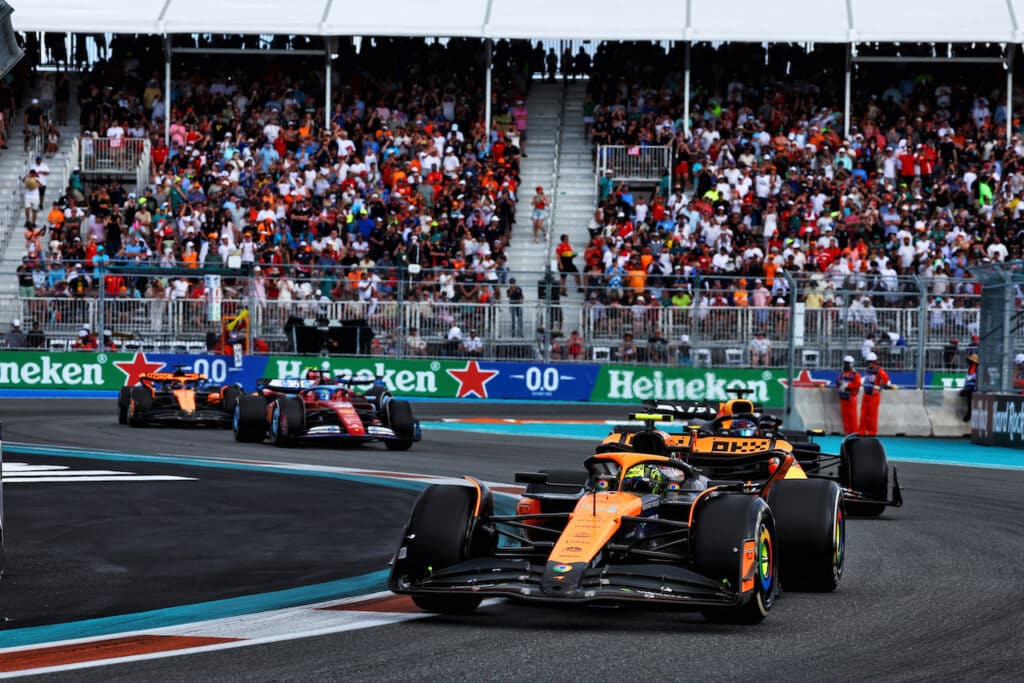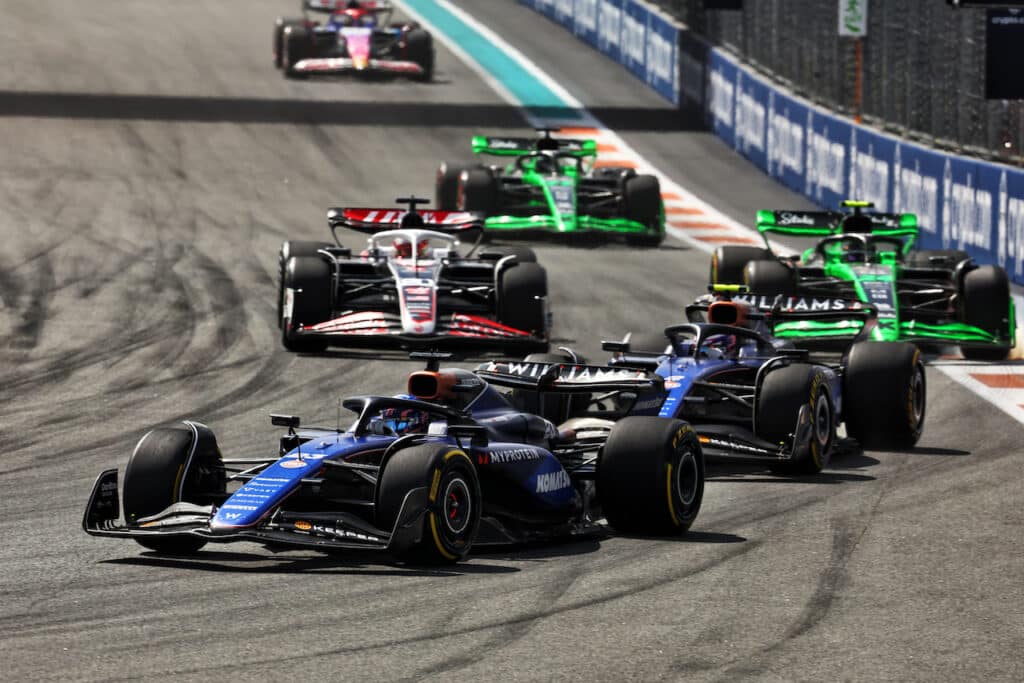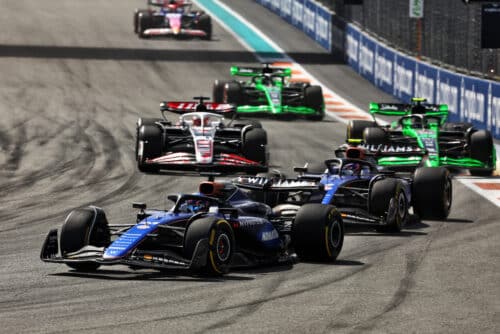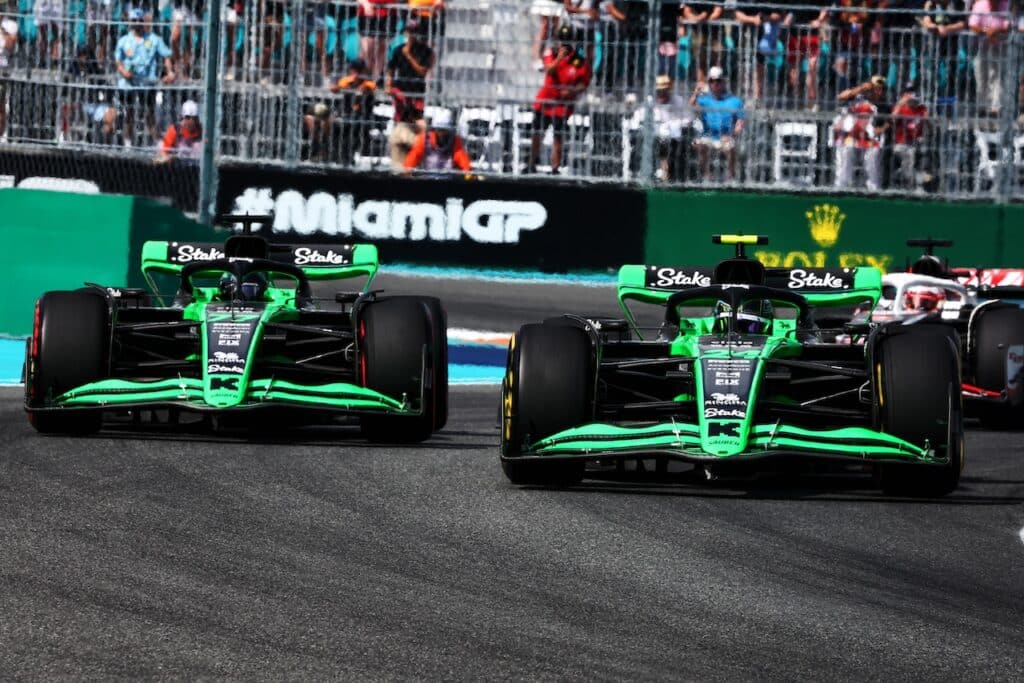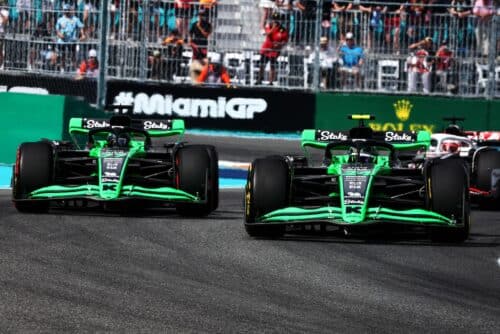F1 | Mercedes, Elliott: “We knew about porpoising, we will find a way to eliminate it”
"We have different objectives compared to last year," said the Stella technical director
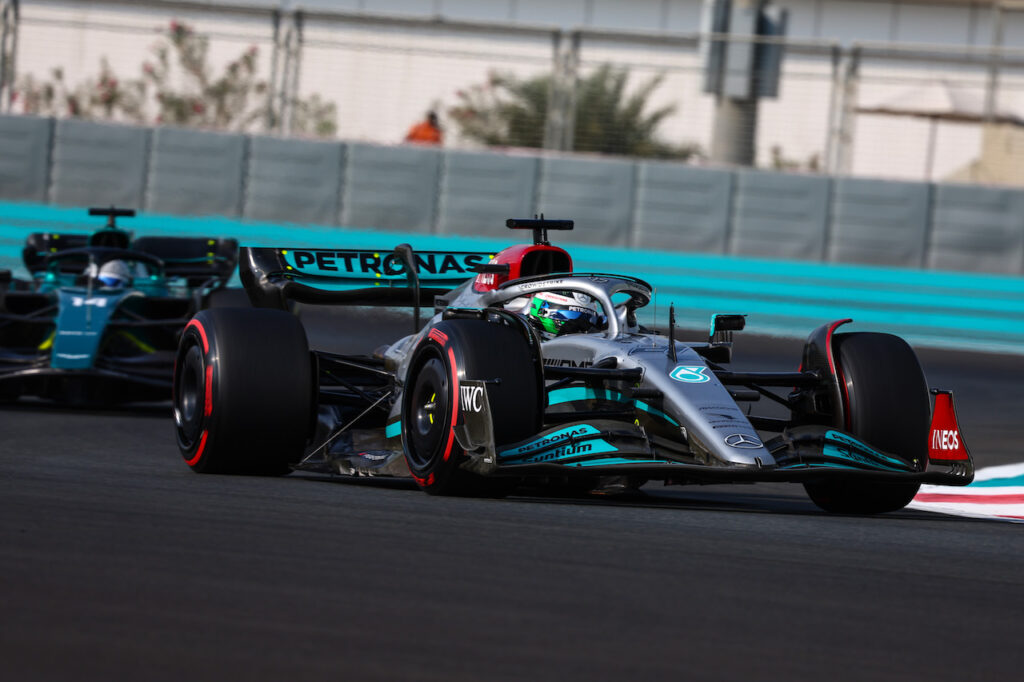
In home Mercedes Preparations are underway for the presentation of the W14, which will be revealed to the public on February 15th. The new car made in Brackley and Brixworth will necessarily have to make a change compared to the previous one, which was born very badly and grew very slowly and with various problems. One of the most important certainly concerns porpoising, that very annoying bouncing on the straight and which also led the riders to suffer physically at the end of some sessions, as in the post-race in Baku and the emblematic images they saw Hamilton getting out of the car with difficulty and with painful back pain. A problem that all teams hope to stem from the next season.
“We knew that ground effect cars of the past suffered from porpoising and we talked about it in the design phase – admitted Mike Elliott, Mercedes technical director to Auto Motor und Sport. We expected to have problems, but none of the simulations gave any indication of the severity of them. Everyone has suffered from this phenomenon, and it is difficult to replicate it in the wind tunnel and model it in simulation. I think we will all find a way to eliminate it and adapt, the loss of downforce depends on the ride height, and can be significant but also very small. For 2023 we have different goals compared to last year, some problems came from the aerodynamic objectives we had set ourselves, but some changes have already been made and there will be others, let's hope it's enough to be up there again."
if you want to always be updated on our news
Follow us here
![F1 | Verstappen "upset" after seeing Perez's departure in Miami [VIDEO]](https://f1grandprix.motorionline.com/wp-content/uploads/2024/05/f1-verstappen-partenza-gp-miami-1024x555.jpg)
![F1 | Verstappen "upset" after seeing Perez's departure in Miami [VIDEO]](https://f1grandprix.motorionline.com/wp-content/uploads/2024/05/f1-verstappen-partenza-gp-miami-500x271.jpg)
![F1 | GP Miami, SC changes the balance of the race between Verstappen and Norris: Ivan Capelli's analysis [VIDEO]](https://f1grandprix.motorionline.com/wp-content/uploads/2024/05/f1-gp-miami-norris-mclaren-1024x551.jpg)
![F1 | GP Miami, SC changes the balance of the race between Verstappen and Norris: Ivan Capelli's analysis [VIDEO]](https://f1grandprix.motorionline.com/wp-content/uploads/2024/05/f1-gp-miami-norris-mclaren-500x269.jpg)
![F1 | Ferrari shone in Miami even without updates, optimism grows ahead of Imola [VIDEO]](https://f1grandprix.motorionline.com/wp-content/uploads/2024/05/f1-gp-miami-ferrari-1024x550.jpg)
![F1 | Ferrari shone in Miami even without updates, optimism grows ahead of Imola [VIDEO]](https://f1grandprix.motorionline.com/wp-content/uploads/2024/05/f1-gp-miami-ferrari-500x268.jpg)
![Formula 1 | Norris, the reward for his trust in McLaren arrives in Miami [VIDEO]](https://f1grandprix.motorionline.com/wp-content/uploads/2024/05/mclaren-norris-gp-miami-1024x549.jpg)
![Formula 1 | Norris, the reward for his trust in McLaren arrives in Miami [VIDEO]](https://f1grandprix.motorionline.com/wp-content/uploads/2024/05/mclaren-norris-gp-miami-500x268.jpg)
![F1 | McLaren from ugly duckling to swan: the evolution that led the MCL38 to victory [VIDEO]](https://f1grandprix.motorionline.com/wp-content/uploads/2024/05/f1-mclaren-gp-miami-1024x551.jpg)
![F1 | McLaren from ugly duckling to swan: the evolution that led the MCL38 to victory [VIDEO]](https://f1grandprix.motorionline.com/wp-content/uploads/2024/05/f1-mclaren-gp-miami-500x269.jpg)
